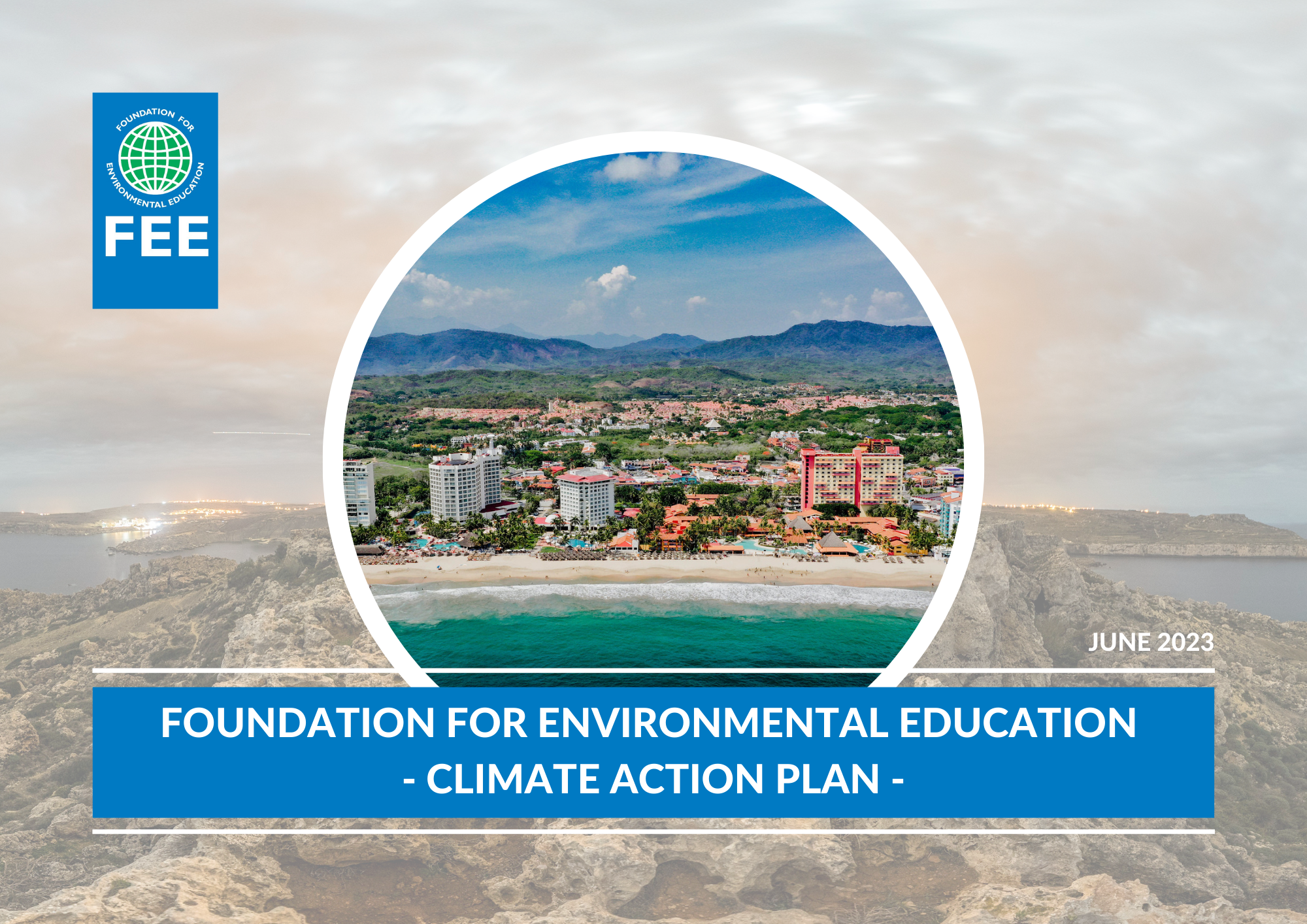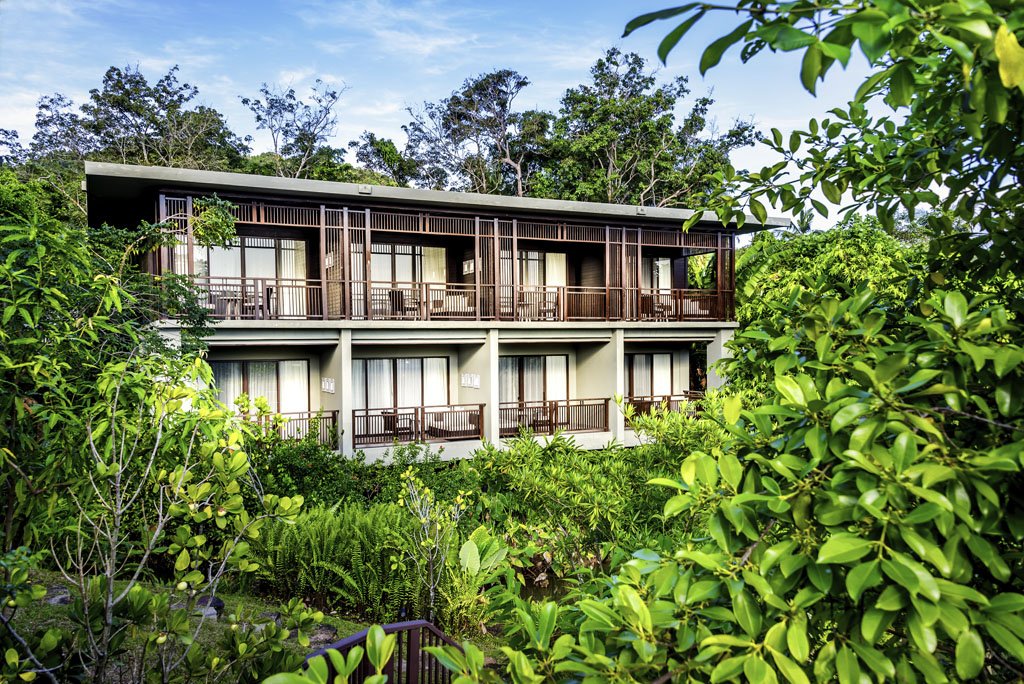ATTA and FEE have created a Memorandum of Understanding with the goal of jointly promoting sustainability awareness, fostering practical implementation, encouraging community engagement, and activating market participation among the members of both organisations. This collaboration will benefit the members of ATTA and FEE (Green Key and Blue Flag programmes), while aiming to build more sustainable destinations and companies.
““The collaboration between ATTA and FEE will lead to the development of more resilient and eco-friendly travel destinations and continue setting a high standard for the industry.””
By leveraging each other's strengths and resources, this partnership will enhance the visibility and impact of sustainability initiatives. It will provide a robust framework for members to adopt and showcase best practices in environmental stewardship. Additionally, it will facilitate deeper community involvement, encouraging local populations to actively participate in sustainability efforts. This concerted approach is expected to drive market activation, creating a competitive edge for businesses that prioritise sustainable practices.
According to Shannon Stowell, CEO of ATTA, "Sustainability is no longer an option; it is a necessity for the future of travel. This partnership between ATTA and FEE represents a significant step toward equipping more destinations and businesses with the tools and knowledge to implement meaningful change. By working together, we can create a more responsible and resilient tourism industry that benefits communities, protects our planet, and enhances the traveler experience."
About Foundation for Environmental Education
The Foundation for Environmental Education (FEE) is one of the world’s largest Education for Sustainable Development (ESD) organisations, with over 100 member organisations in 81 countries. With a network of over 50,000 educational institutions, the Eco-Schools, Learning About Ecosystems and Forests and Young Reporters for the Environment programmes empower young people to create an environmentally conscious world through experiential, project-based learning. The Green Key and Blue Flag programmes are globally recognised for promoting sustainable business practices and the protection of natural resources. With over 40 years of impactful experience in ESD, FEE’s strategic plan, GAIA 20:30, prioritises impactful action across all five programmes to address the threats of climate change, biodiversity loss and environmental pollution.
About the Adventure Travel Trade Association (ATTA)
The Adventure Travel Trade Association (ATTA), established in 1990, is the largest global network of adventure travel leaders with around 30,000 individual guides, tour operators, lodges, travel advisors, tourism boards, destination marketing and management organisations, outdoor educators, gear companies and travel media who share a belief and commitment to sustainable tourism. ATTA’s mission is to empower the global travel community to protect natural and cultural capital while creating economic value that benefits both trade members and destinations. ATTA offers a portfolio of strategic solutions and a robust ecosystem of events around the world. ATTA has specialised expertise in research, education, media, and promotion.





















